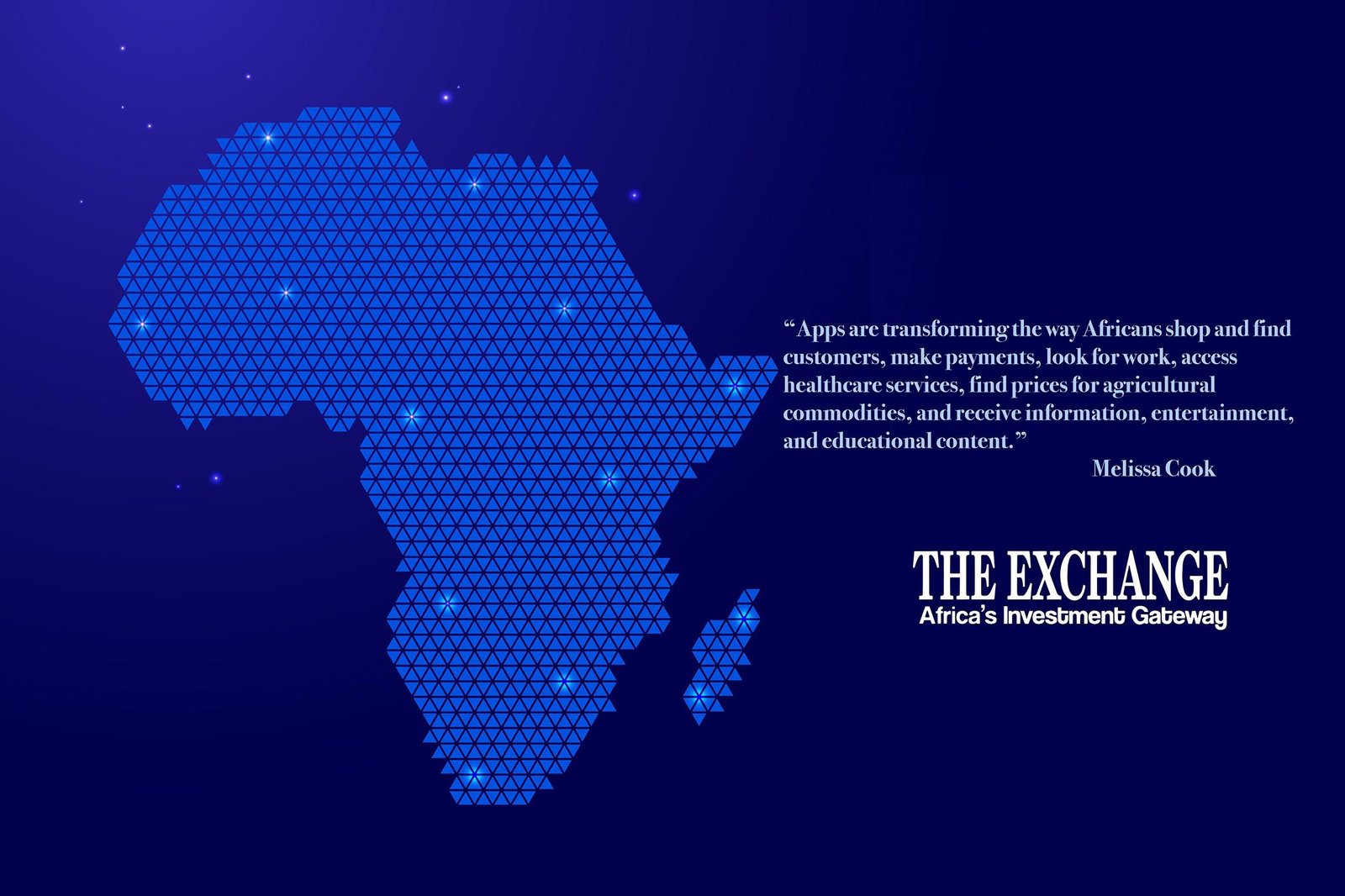Mobile Money Magic: A Beginner’s Guide To Financial Inclusion In Africa

Executive Summary

Mobile money has emerged as a game-changer in Africa, revolutionizing financial inclusion and empowering millions of previously unbanked individuals. This comprehensive guide provides a beginner-friendly overview of the mobile money landscape in Africa, exploring its benefits, challenges, and future prospects.

Introduction
In the vast and diverse continent of Africa, access to traditional banking services has historically been limited, leaving a significant portion of the population financially excluded. Mobile money has emerged as a lifeline, bridging the gap and bringing financial services directly to the fingertips of millions. This beginner’s guide aims to unravel the magic of mobile money, empowering you with the knowledge to leverage its transformative power for financial inclusion and economic prosperity.
FAQs
- What is Mobile Money?
Mobile money is a financial service that allows users to perform various financial transactions, such as sending and receiving money, paying bills, and saving money, using their mobile phone.
- Why is Mobile Money Important in Africa?
Mobile money has played a pivotal role in financial inclusion in Africa. It has expanded access to financial services to remote areas and populations that were previously unbanked, empowering them to participate in the formal economy.
- How Secure is Mobile Money?
Mobile money providers employ robust security measures to protect user data and transactions. These measures include encryption, authentication, and fraud detection systems.
Key Subtopics
Agent Networks
Mobile money agents form the backbone of the mobile money ecosystem. They are local businesses or individuals that provide a physical touchpoint for customers to access mobile money services.
- Wide Distribution: Agent networks ensure widespread availability and convenience, reaching even the remotest areas.
- Cash-In, Cash-Out Convenience: Agents facilitate the conversion of cash to mobile money and vice versa, making it easy for users to deposit and withdraw funds.
- Local Support: Agents provide personalized assistance and guidance to customers, especially those unfamiliar with mobile money.
Interoperability and Cross-Border Transactions
Interoperability allows users to send and receive money across different mobile money networks within a country. Cross-border transactions enable seamless movement of funds between countries.
- Increased Financial Inclusion: Interoperability eliminates barriers between different networks, expanding access to financial services.
- Reduced Remittance Costs: Cross-border transactions via mobile money offer cost-effective and convenient alternatives to traditional methods.
- Regional Economic Integration: Facilitating cross-border mobile money transactions promotes economic collaboration and trade.
Financial Inclusion
Mobile money has played a crucial role in bringing financial services to marginalized populations, including the poor, rural dwellers, and women.
- Access to Credit: Mobile money accounts can be used to access microloans and other financial services, empowering individuals to start businesses or invest in their education.
- Savings and Investment: Mobile money allows users to save and invest conveniently, fostering financial resilience and long-term wealth creation.
- Improved Welfare: Access to financial services through mobile money has been linked to improved health, education, and overall well-being.
Regulation and Security
Governments and regulatory bodies play a critical role in ensuring the safety and integrity of mobile money systems. Security measures are implemented to protect user data and prevent fraud.
- Regulatory Framework: Governments establish regulations to protect consumers, prevent money laundering, and foster fair competition.
- Data Protection: Strong data protection regulations safeguard user privacy and prevent unauthorized use of personal information.
- Fraud Prevention: Mobile money providers implement fraud detection systems and work closely with law enforcement agencies to combat fraudulent activities.
Future Trends
The mobile money landscape in Africa is constantly evolving, with emerging technologies and innovations shaping its future.
- Blockchain Integration: Blockchain technology offers the potential for secure and transparent mobile money transactions.
- Digital Currency: The rise of digital currencies could potentially revolutionize mobile money services, enabling faster and cheaper cross-border transactions.
- Increased Partnerships: Collaboration between mobile money providers and other financial institutions can further enhance the reach and impact of mobile money.
Conclusion
Mobile money has transformed financial inclusion in Africa, empowering millions of individuals and fostering economic development. The widespread agent networks, interoperability, financial inclusion initiatives, and ongoing regulatory efforts have contributed to its success. As the mobile money landscape continues to evolve, it has the potential to drive even greater financial inclusion and economic prosperity in Africa.
Keywords
- Mobile Money
- Financial Inclusion
- Africa
- Agent Networks
- Interoperability






